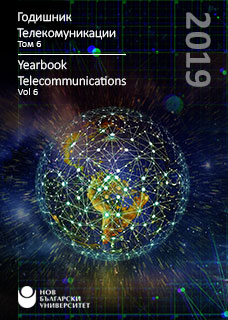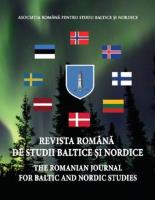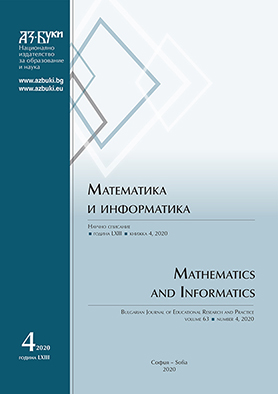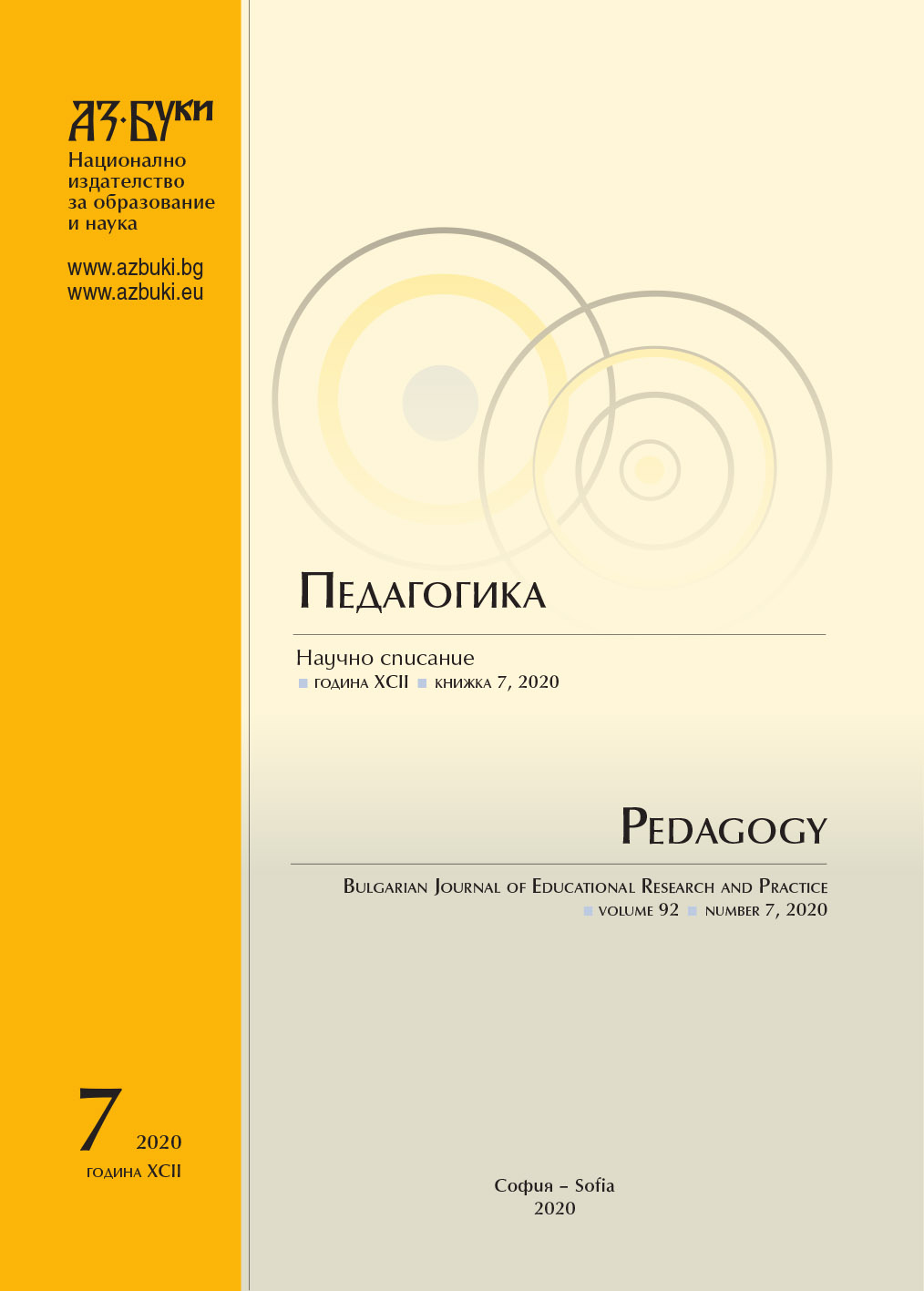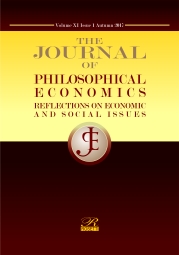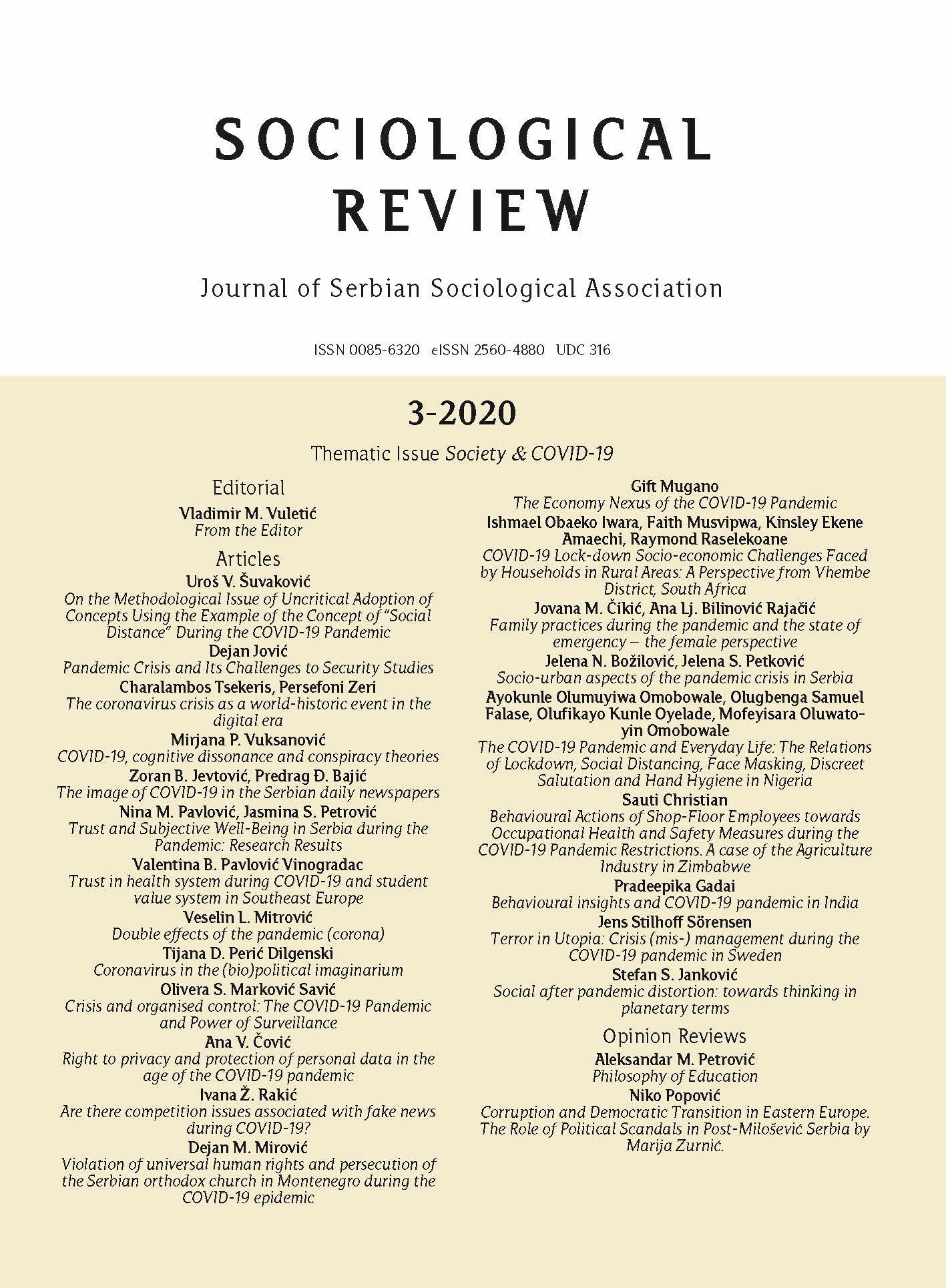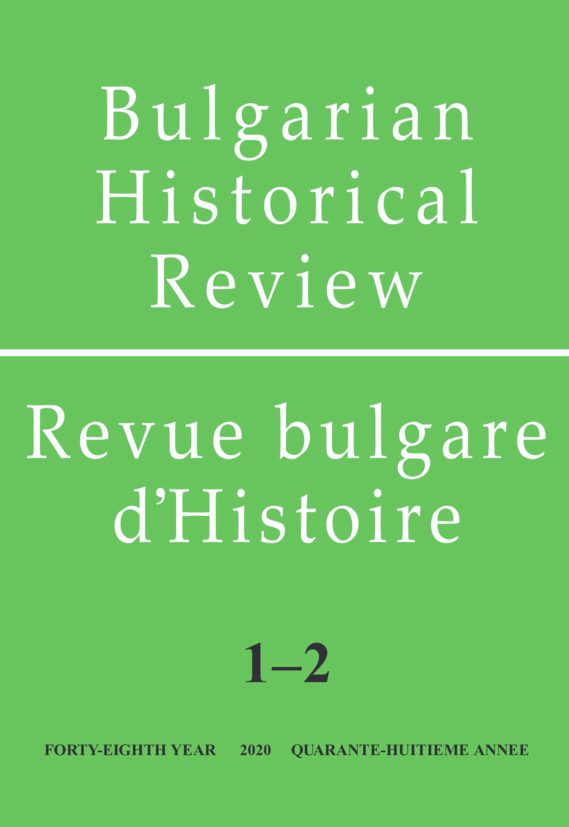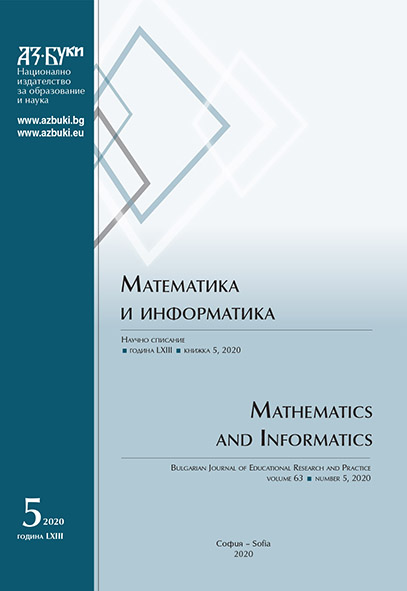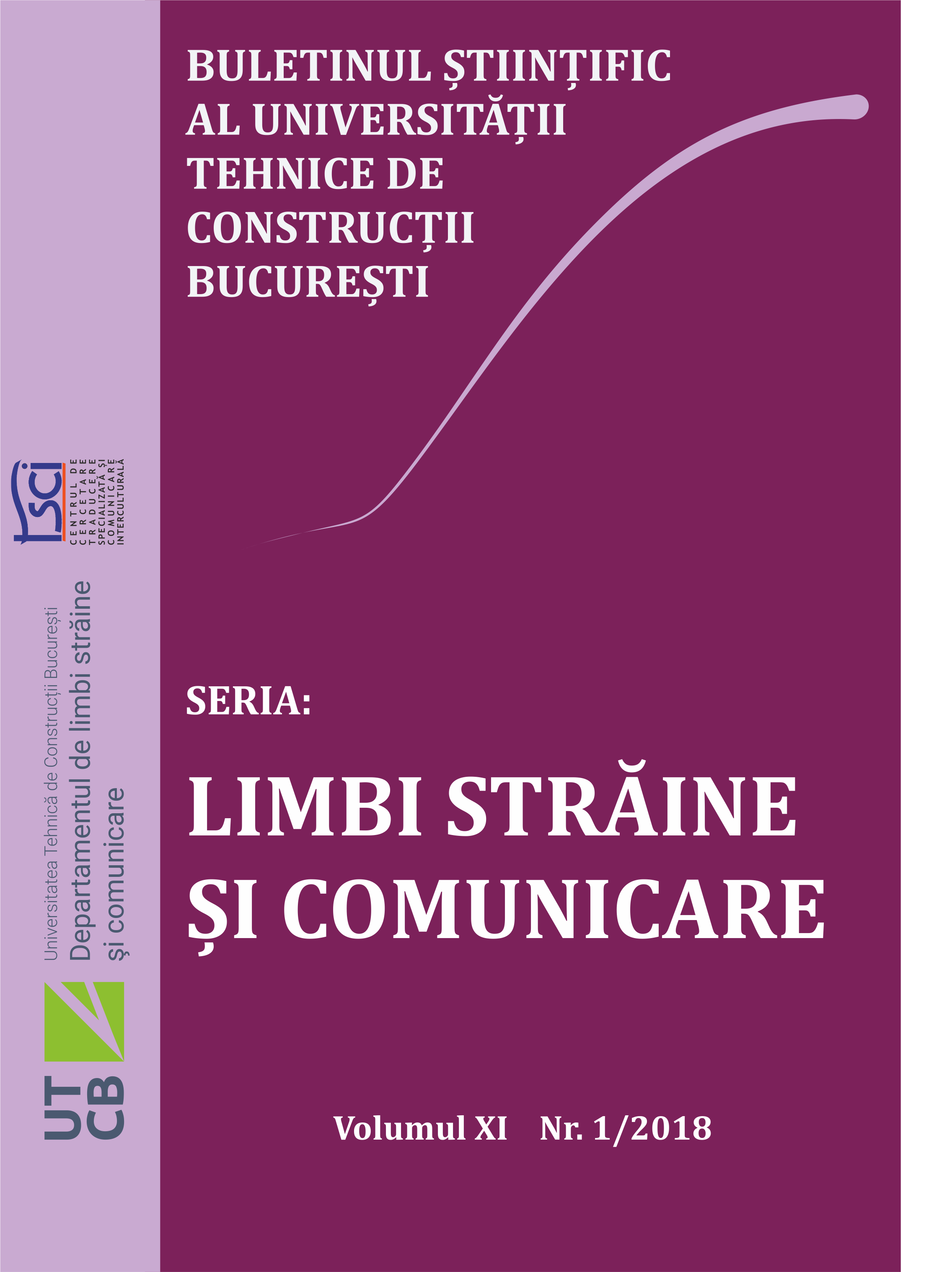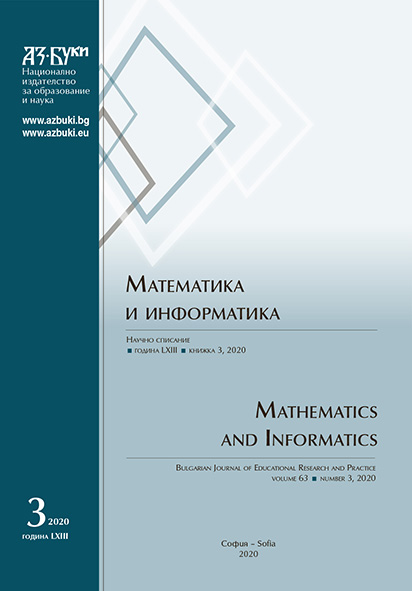
За данните и пътя към големите данни
Over the past two decades, data turned into big data. The term big data encompasses the exponential growth of all data but most notably, the semistructured and unstructured types. The speed with which data is generated and amassed necessitates the introduction of new technologies for their collection, transfer, storage and processing. In a chronological fashion, this article begins with the foundational work of database development and progresses through the emergence of big data. Concurrently, the scientists, whose theoretical and practical work underpinned the development of data processing systems, are also discussed. The article provides examples to show the pervasiveness of big data in our daily lives. The key technologies utilized to process big data are described, including the Hadoop ecosystem and the NoSQL type of databases. A strong emphasis is given to the role of data analytics, used to transform the raw data into information, decision-making models and knowledge.
More...
